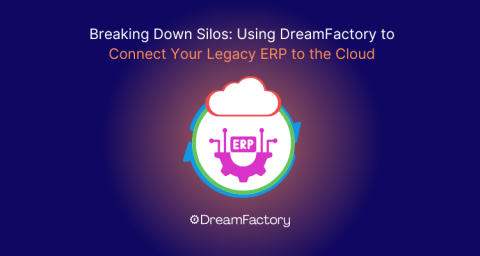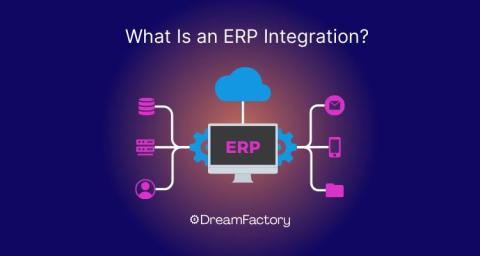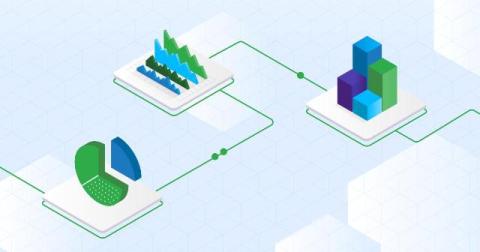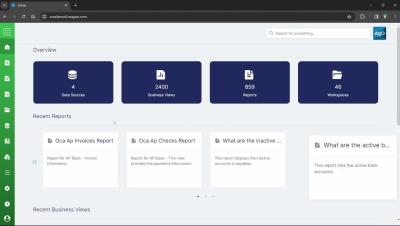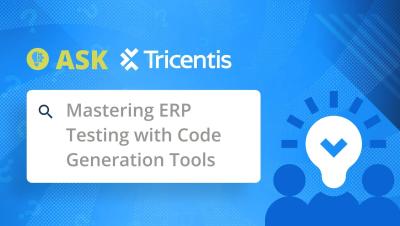Appian as the Agility Layer for your ERP
In government agencies around the world, large enterprise legacy systems are what stand in the way of desperately needed modernization programs. Such legacy systems can be large enterprise resource planning (ERP) implementations or custom-built applications using complex codebases. Simply put, they are not supportable, upgradable, and do not provide the rich user experience customers have become accustomed to.



